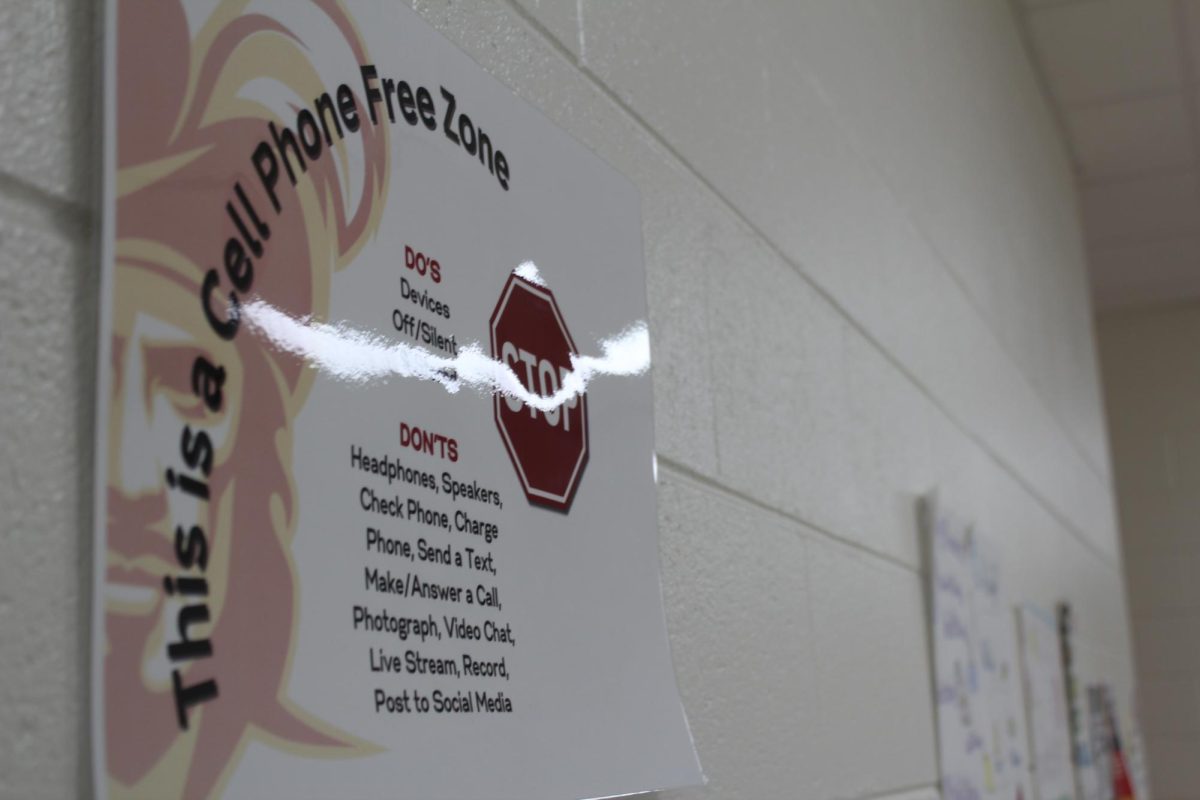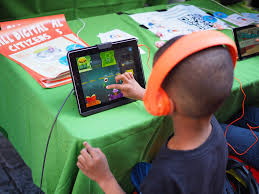Educational games are commonly used throughout the school systems. Games have been used to teach the youth for years. Various studies have been done to determine the effectiveness of the use of these games.
The national library of medicine did a study on online educational games. Their study shows that educational games really do have a positive impact on students’ understanding of material. Not only does it help the student understand the material given to them, but the research also shows that it helps the students stay focused on the given material. The games help incorporate the fun aspect into learning.
Stanford University said that bringing games into education is not “dumbing it down” it’s helping the students get interested in the game and topic. These games really get the children involved in the material and the people around them. All over, it shows that there is annual growth of 53.4%. It’s also shown that it is essential for early childhood development and beyond.
Along with all of the positives, there are also going to be some negative aspects. The negatives include things like heightened screen time, technology addiction, decline in social skills, and games can always be a source of distraction. Prodigy compiled a list of pros and cons that game based learning can offer. Overall, game based learning can work the best when it’s regulated and the use is monitored.










































